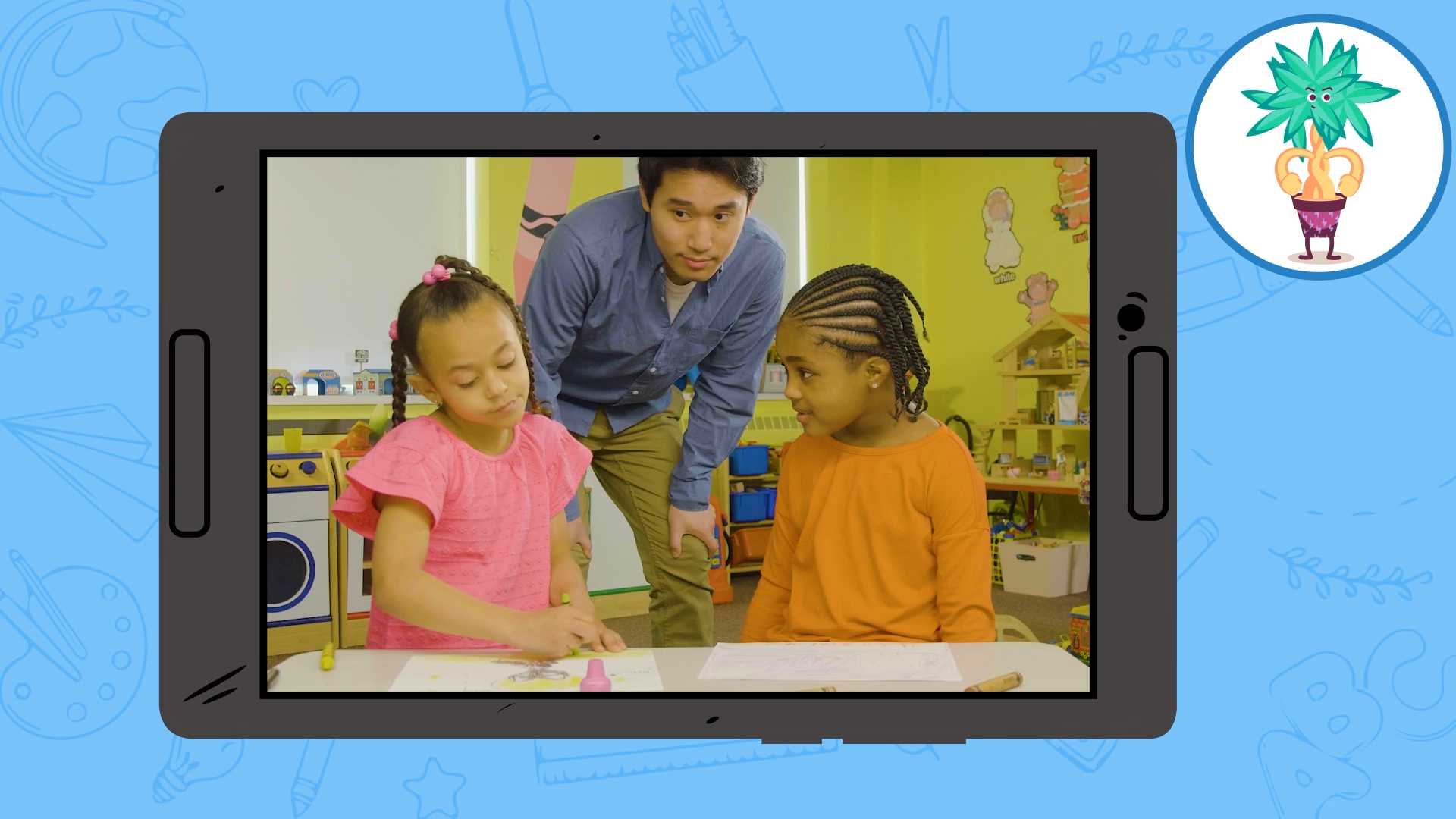
Introduction
Following directions is a fundamental skill for Kindergarten students to develop in order to succeed both academically and socially. It helps them become better listeners, improves their focus, and fosters a positive learning environment. In this blog post, we will explore an engaging no-prep activity that educators can use to teach students the importance of following directions. We will also provide discussion questions to stimulate deeper understanding, mention related skills, and offer next steps to further enhance students’ social-emotional learning.
No-Prep Activity: “Simon Says”
A classic and engaging game to teach following directions is “Simon Says”. This activity requires no preparation or materials from the educator. To play, the teacher takes on the role of “Simon” and gives instructions for various actions, such as touching their nose or hopping on one foot. Students are required to follow the directions only if the command is prefaced with “Simon says”. If the teacher gives a command without saying “Simon says” first, students should not perform the action. Those who do are “out” for the round. The game continues until only one student remains, who is then declared the winner.
This activity helps students practice attentive listening and following directions in a fun and engaging way. It also encourages them to think before acting and to differentiate between valid and invalid instructions.
Discussion Questions
- Why is it important to listen carefully to the teacher’s directions?
- How do you feel when you successfully follow directions? How about when you don’t?
- What strategies can you use to become a better listener and follow directions more effectively?
- How does following directions help maintain a positive learning environment in the classroom?
- Can you think of a situation outside of school where following directions is important? Explain your answer.
Related Skills
Along with following directions, there are several other related skills that contribute to a student’s social-emotional development. Some of these skills include:
- Active listening: The ability to focus on and comprehend what others are saying, ask clarifying questions, and make connections to their own experiences.
- Self-regulation: The ability to manage emotions, thoughts, and behaviors in different situations, helping students stay focused and in control.
- Cooperation: The ability to work well with others, share ideas, and contribute to group projects or activities.
- Respect for authority: Understanding the importance of respecting teachers and other authority figures, and following their guidance and instructions.
Next Steps
To help your Kindergarten students continue to develop their social-emotional skills, including following directions, consider signing up for free samples of related skill-building materials at Everyday Speech. These resources will provide you with engaging activities and strategies to support your students’ growth and success in the classroom.

